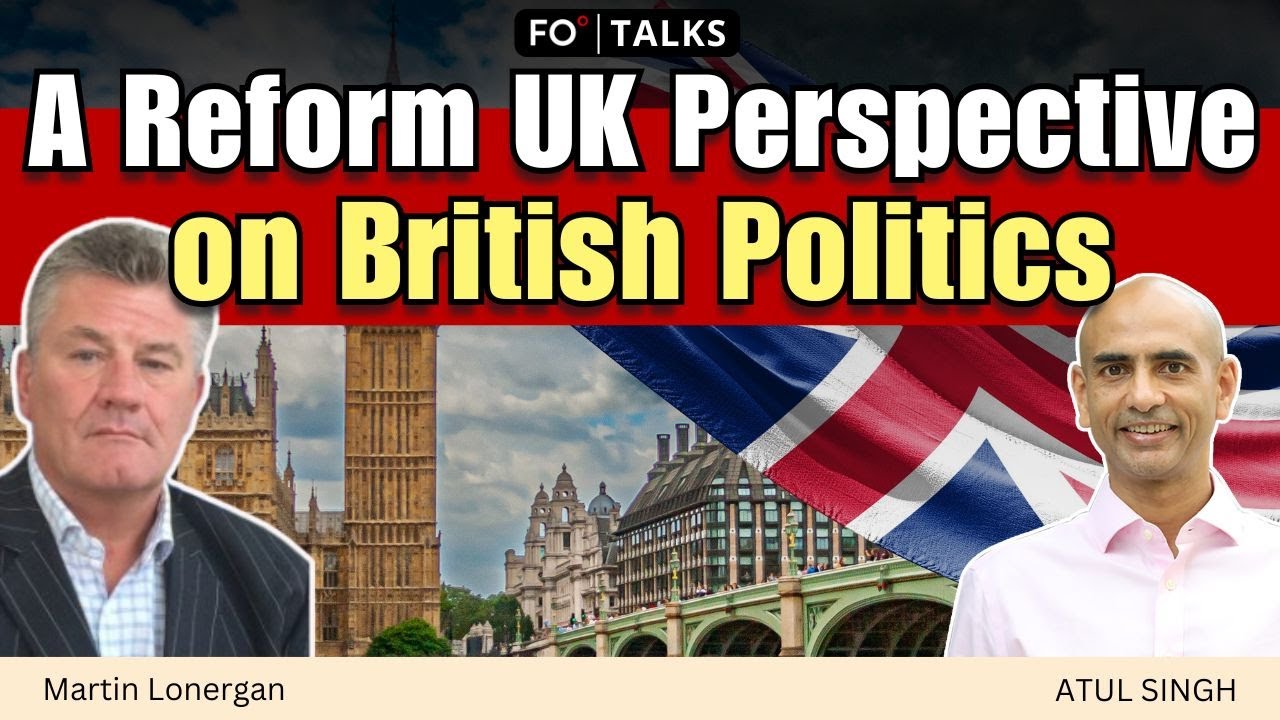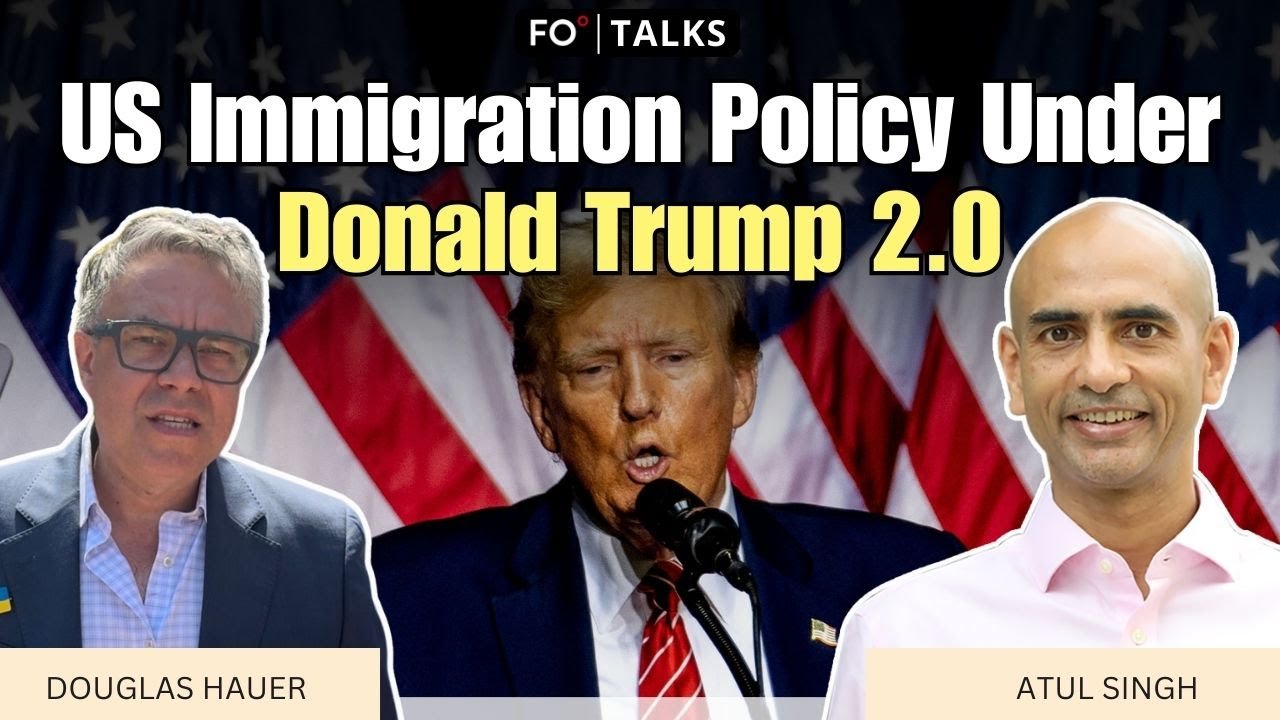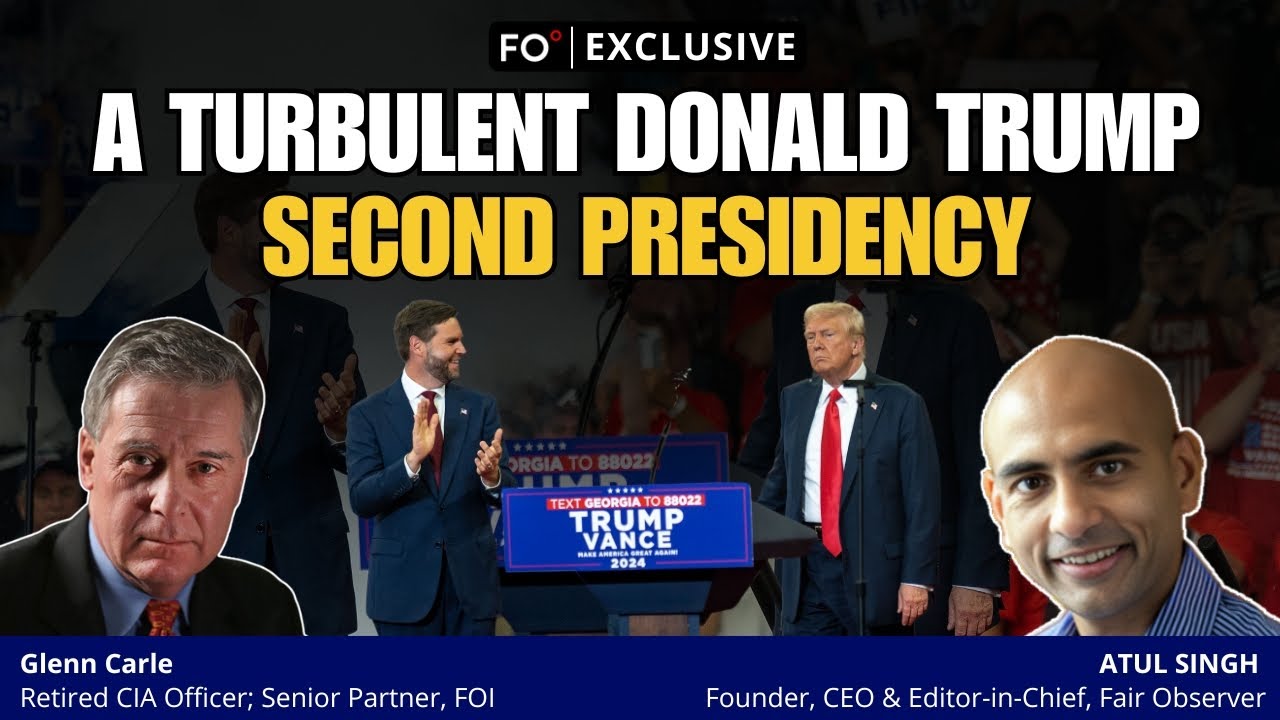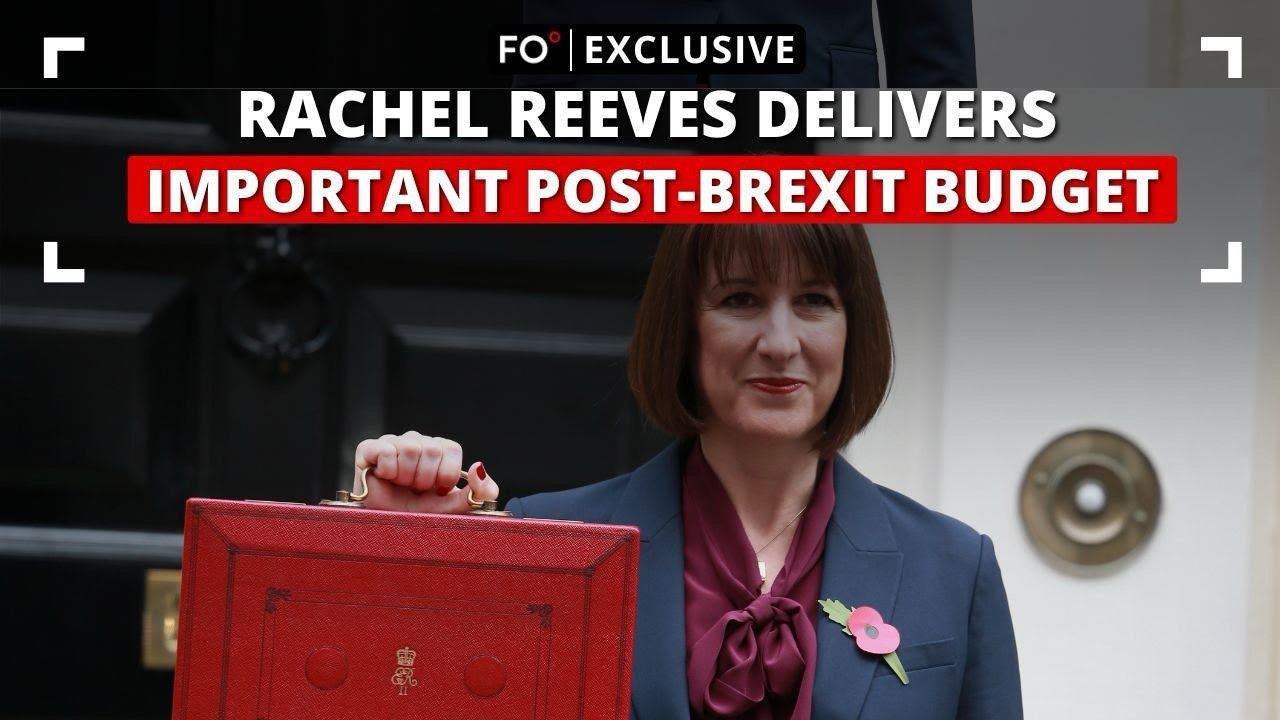Martin Lonergan is a man of diverse experiences, whose career has spanned trading, business, extensive travel and political candidacy. Having trekked from Florida to Washington, DC, on foot in 2021 — an unforgettable moment that led to his meeting Atul Singh — Lonergan’s life has been anything but conventional. He has run for parliament as a candidate for the Reform UK Party in the United Kingdom, written books and embraced a politically active role in an era of significant change. In this interview, he provides insight into his political journey, his views on the current state of UK politics and the future of the Reform UK Party.
A return to politics
Lonergan’s engagement in politics came after years of disillusionment. He hadn’t voted for nearly two decades, as he was disheartened by the political landscape, particularly by the actions of leaders like UK Prime Minister Tony Blair. Lonergan’s frustrations with Blair’s leadership, particularly over the Iraq War and broken promises, led him to disengage from voting entirely. However, when the Reform UK Party approached him with an opportunity to run for parliament, he felt compelled to act. His candidacy for Walthamstow — a traditionally Labour seat — was born out of a desire to make a difference rather than complain from the sidelines.
Despite the Labour incumbent’s strong victory, Lonergan’s performance was notable. He placed second, surpassing both the Tories and the Liberal Democrats, signaling a clear message that many voters were unhappy with the existing political choices. The increasing unpopularity of the Labour Party, combined with the growing disenchantment among Tory voters, signals a potential shift in UK politics — a shift that could see Reform UK gaining more traction in the future.
Disillusionment with Labour and the Tories
Lonergan’s political leanings have always been center-right, shaped largely by his experiences growing up during UK Prime Minister Margaret Thatcher’s era. He has long supported a free-market economy and individual liberty, beliefs that diverge sharply from the Labour Party’s emphasis on big government and nationalization. Reflecting on his disillusionment with Tony Blair’s tenure, he specifically criticizes Blair’s role in the Iraq War and the consequent deceit that led to widespread skepticism among voters.
Regarding Labour’s current leadership under Prime Minister Keir Starmer, Lonergan suggests that the party has now drifted closer to the center and lost its distinctive identity. With both major parties — Labour and the Tories — pursuing similar policies, especially on issues like immigration and spending, it’s become increasingly difficult for voters to differentiate between them.
By contrast, Reform UK offers a clear alternative. It stands firmly for free markets, small government and individual liberty. This makes the party a credible challenger to the traditional political establishment.
The economy and the budget
One of the key issues on the table for any potential government is the UK economy. Recent employment regulations, such as increased national insurance contributions, have made it more difficult for businesses to hire and retain employees. A more flexible labor market — one where hiring and firing are less constrained by bureaucracy — would alleviate many of the current staffing shortages plaguing various industries.
The reckless government spending under the Tory administration has left a significant hole in the public finances. Chancellor Rachel Reeves’s budget has failed to address the fundamental issues of job creation and business growth. To stimulate economic growth and job creation, the UK must establish a more favorable environment for businesses by reducing taxes and simplifying regulations.
Immigration and the UK’s social fabric
While the UK needs a balanced approach to immigration — particularly welcoming refugees in need — the current system is too lenient towards economic migrants. The country has seen an influx of young men from conflict regions who are not necessarily in immediate danger, and merely seek to exploit the benefits system.
The UK requires a more discerning approach, one that prioritizes vulnerable groups such as women and children, while also allowing skilled workers to enter the country to contribute to the economy. This would prevent the social fabric from being strained while ensuring that the UK has access to a sufficient workforce.
The NHS and bureaucracy
Lonergan is especially concerned about the state of the National Health Service (NHS). Though this system is still a cornerstone of British society, it is no longer fit for purpose in its current form. The system contains quite a few inefficiencies, particularly in middle management and non-medical staff roles that contribute little to direct patient care. Reducing this bureaucracy and focusing resources on frontline services would improve the NHS’s ability to deliver care effectively.
Furthermore, employment laws must shift to allow employers more freedom in managing staff. The country needs a system where businesses can make hiring and firing decisions based on merit, which would help address the issues of underperformance and job shortages.
Foreign policy and international relations
The UK’s foreign policy, especially its involvement in the Ukraine war, is highly disagreeable. NATO’s expansion provoked Russia to war, and the West should focus on finding a negotiated solution rather than continuing to escalate the conflict.
Furthermore, Western narratives often paint issues like the Syria and Iran situations in a one-dimensional light. Lonergan advocates for a more pragmatic approach that recognizes the complexities of these regions and focuses on diplomacy rather than military intervention.
The UK should engage with Iran, particularly regarding energy. It could provide Europe with a stable source of energy, reducing the continent’s reliance on Russia.
Reforming Britain
Looking to the future, Lonergan outlines three key priorities that he believes are crucial to “Make Britain Great Again.” First, the government needs a more controlled immigration policy that balances the needs of the economy with the social challenges of integrating large numbers of newcomers. Second, the state needs a reduction in power, with fewer regulations and lower taxes — this would foster a more dynamic and entrepreneurial society. Third, the NHS needs a reform — one that cuts waste, improves efficiency and ensures that resources are better directed towards patient care.
Lonergan believes that the UK needs a radical shift in its approach to politics, economics and foreign policy. By focusing on issues that truly matter to the British people, he is confident that the country can regain its former glory.
[Lee Thompson-Kolar edited this piece.]
The views expressed in this article/video are the author’s own and do not necessarily reflect Fair Observer’s editorial policy.

































Comment